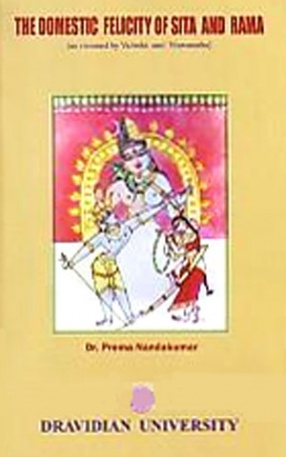
Hindutva

32 books
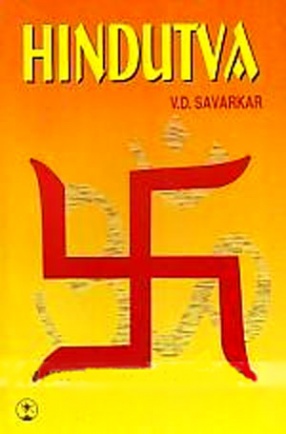
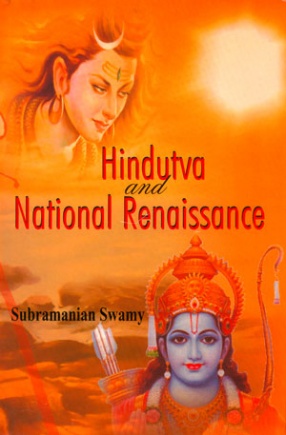
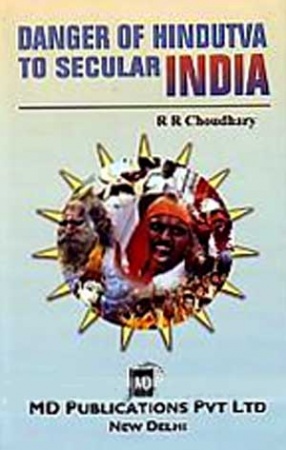
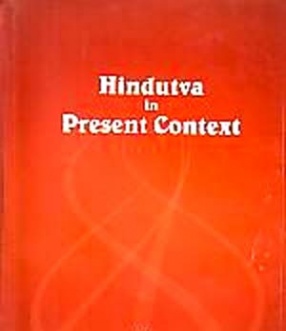
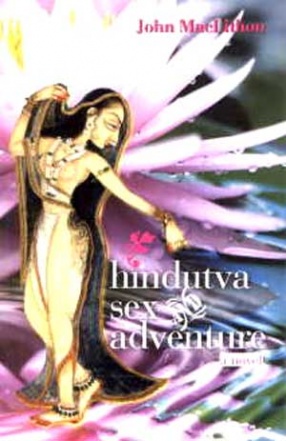
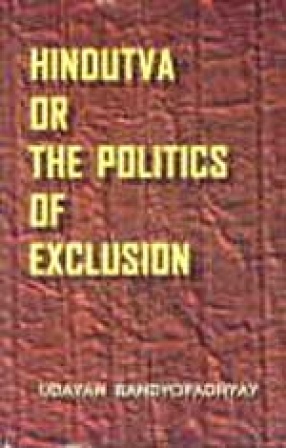
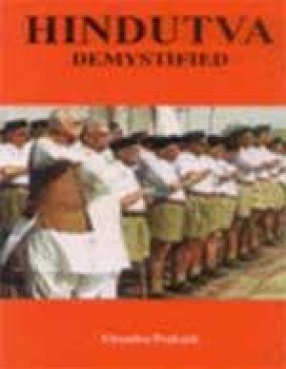
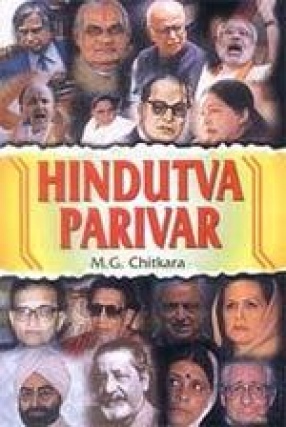


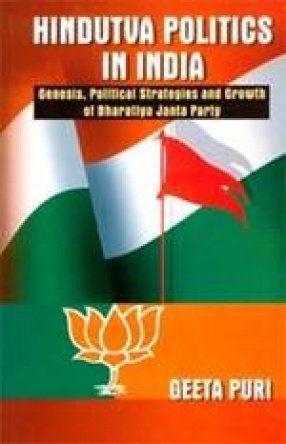
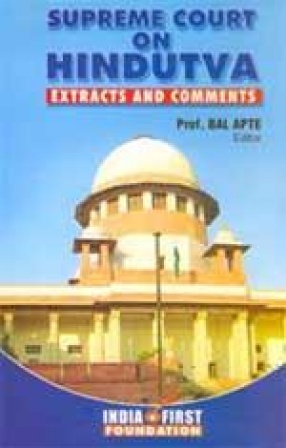


Hindutva: Who is a Hindu? is a 1923 ideological pamphlet by Vinayak Damodar Savarkar. The text exhibits one of the early uses of the term Hindutva (a Sanskrit -tva, a neuter abstract suffix, meaning "Hinduness", "quality of being a Hindu"). It is one of the foundational texts of contemporary Hindu nationalism.Savarkar wrote the pamphlet while imprisoned in Ratnagiri jail. It was smuggled out of the prison and was published by Savarkar's ...

Hindu civilization, the author argues, cannot be defended or protected merely by individual or personal piety or by performing of pujas. Hindus to survive collectively require a new mindset today to meet the growing challenge from this highly sophisticated multi-dimensional siege that is international in character, or risk over the next millennium perishing like the ancient Greeks, Egyptians, or Babylonians. It was a new mindset of the Jews after World War II ...



Andrew Luyt, a radio journalist, is posted to India because he was born there and speaks a smattering of Hindi. Armed with his Nagra professional tape recorder and with all the clichés, prejudices and ideas that his strict Protestant and secular upbringing has instilled in him, he covers some important events, of the eighties and the nineties, in Kashmir, Ayodhya, Tawang and Pakistan. Along the way, he falls in love with a young Indian girl, Imla, a print ...
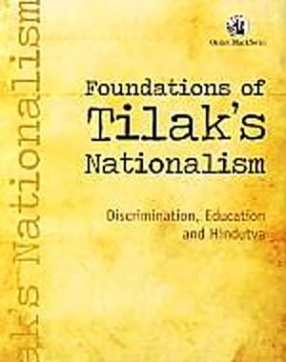

The idea of Hindutva as a different category in the plethora of nationalist thoughts in modern India needs obvious attention. There is a common tendency among the leaders and intellectuals of different varieties to make an integrated image of anything possible in the field of political though. This enterprise is not only halfhearted but also thoroughly unrealistic. Any attempt to break this monolithic mindset may be branded as post modern. With actual ...
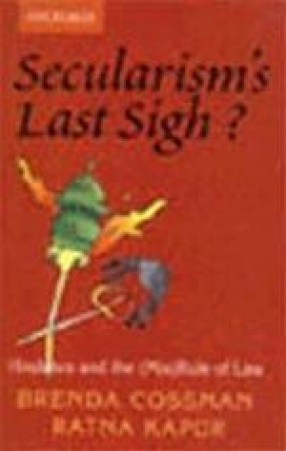

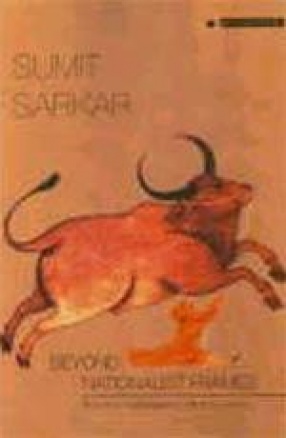
The political context in which the historian of India finds himself today, says Sumit Sarkar, is dominated by the advance of the Hindu Right and globalised forms of capitalism. Simultaneously, the historian’s intellectual context is now dominated by the marginalisation of all varieties of Marxism and an academic shift to cultural studies and postmodern critiques. In this scenario, how may a thinking historian who retains an unfashionable commitment to ...
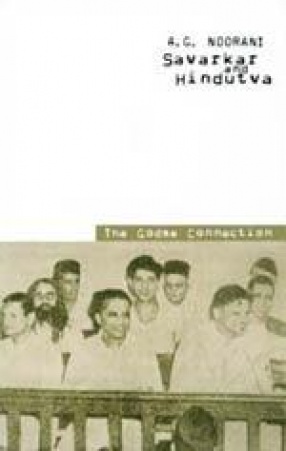

History is a witness that Hindu solidarity is not easy. There is something in the blood of Hindus which comes in the way of their unity. It is the misfortune of Hindutva Parivar Organisations, that BJP, a party with a difference, it speaks in one voice when in the opposition; when in power, it goes astray, with dissidence, indiscipline rearing its ugly head. In recent past, the Swadeshi Jagaran Manch (SJM) and the Vishwa Hindu Parishad (VHP) on one side, and the ...
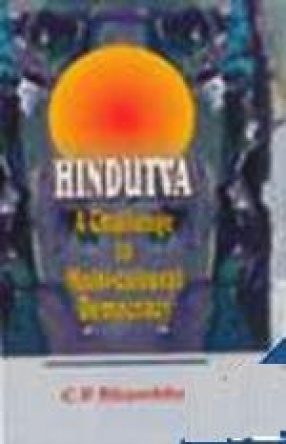
This study examines the record of BJP-in-government and the main question is : how has BJP-in government, whether at the centre or in some states, been able to reconcile its ideology of Hindutva with the fundamentals of multicultural democracy? The main conclusion of this study is that the BJP and the fraternity of Sangh Parivar has devoted all its efforts in creating an anti-minority political culture in the country. The BJP had defined itself as a "party ...


Hindutva though abstract is of great social and national importance. It indicates a kind of identity which is indigenous and historically based. Identities are numerous but understanding Hindutva as the identity of the nation encompassing all other identities is unique. However due to communal politics in India there is a gory and exaggerated conception of Hindutva to which many subscribe. During the last two decades and especially in the 1990’s, the term ...
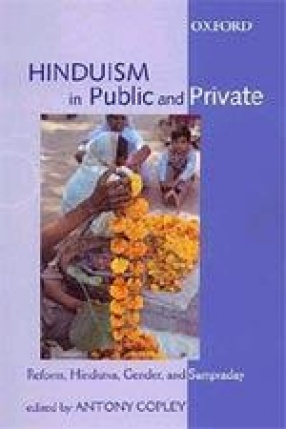
Is religion essentially a matter of private faith, or does it ineluctably play its part in society at large? With this critical question at its core, this insightful volume of essays investigates the nature of nationalism embraced by the religious reform movements of the nineteenth and twentieth centuries. The essays comment on the relationship between these movements and Hindutva, and analyse the reasons behind the possible need for a new kind of social ...
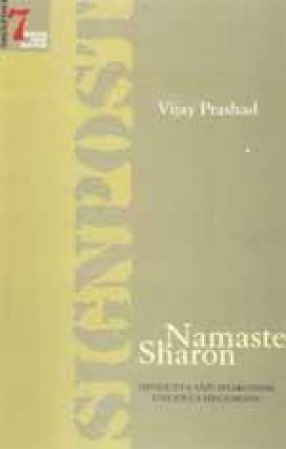
In September 2003, Ariel Sharon became the first Israeli Prime Minister to step on Indian soil. Hindutva and Sharonism embraced each other, and these two Asian right-wing ideologies hoped to form some sort of entente against 'Islamic terrorism' with the blessings of George W. Bush's evangelical imperialism. Namaste Sharon, said India's Prime Minister, but what does the rest of the country say?

The book is a comprehensive analysis of the Bharatiya Janata Party as the major architect of the Hindutva politics and ideology since its founding in 1980. The BJP represents two important political legacies; first the erstwhile Bharatiya Jana Sangh which was founded by S..P. Mookerjee with the support and organisatioinal cadres of the second of the emergency resistance movement (1975-1977). This political biography of BJP depicts the various phases of ...
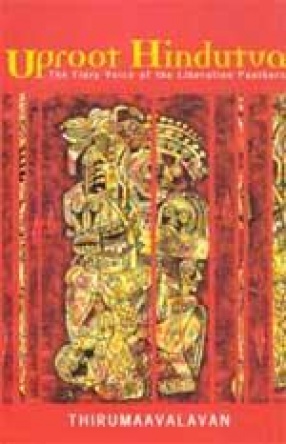
‘Grassroots are gaining strength. Perhaps the most radical is the Dalit Panthers, a Tamil Nadu resistance organization based on the African-American Black Panthers. Led by Thirumaavalavan, whose stirring two-hour rally speeches have made him something of a cult figure in the region, the Panthers doesn’t openly advocate violence. But the group does encourage Dalits to protect their rights by any means if necessary,’ cover story, ‘India’s Untouchables ...

This volume presents a collection of some important rulings of the Supreme Court of India on the concepts, thoughts and institutions linked to ancient India and Indian civilization. These rulings bring out the endeavours of constitutionalism in India to acknowledge, understand and recognize the legitimate, yet hidden and unexpressed, urges of ‘traditional’ India. And that is precisely the reason why these rulings of the highest judiciary have been compiled, ...
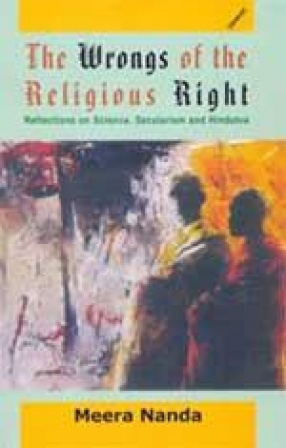
Meera Nanda’s book is an impassioned plea for secularization of mentalities. She compares the polities of India and America to argue that, faced with the current right wing assault, secular constitutions alone cannot guarantee secularism. She examines how India’s major ecological movements have been reframed by Brahminical Hinduism with some help from those within these movements. Her work shows the interconnections between the Hindutva scientism and national ...
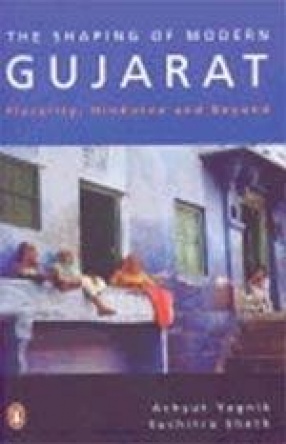
Many aspects of modern Gujarati Society and polity appear puzzling. A society which for centuries absorbed diverse people today appears insular and parochial, and while it is one of the most prosperous states in India, a fifth of its population lives below the poverty line. Drawing on academic and scholarly sources, autobiographies, letters, literature and folksongs, Achyut Yagnik and Suchitra Sheth attempt to understand and explain these paradoxes. They trace ...
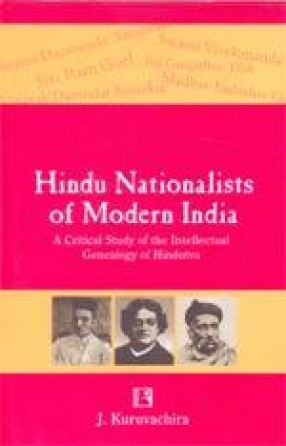
This book is a critical study of six selected Hindu nationalists of modern India- Swami Dayananda Saraswati (1824-1883), Swami Vivekananda (1863-1902), Bal Gangadhar Tilak (1856-1920), Vinayak Damodar Sacarkar (1883-1966), Madhav Sadashiv Golwalkar (1906-1973) and Sita ram Goel (1921-2003) in – in order to trace the intellectual genealogy of Hindu Cultural nationalism and fundamentalism. Behind each of these there is a dark and hidden history of religious ...
